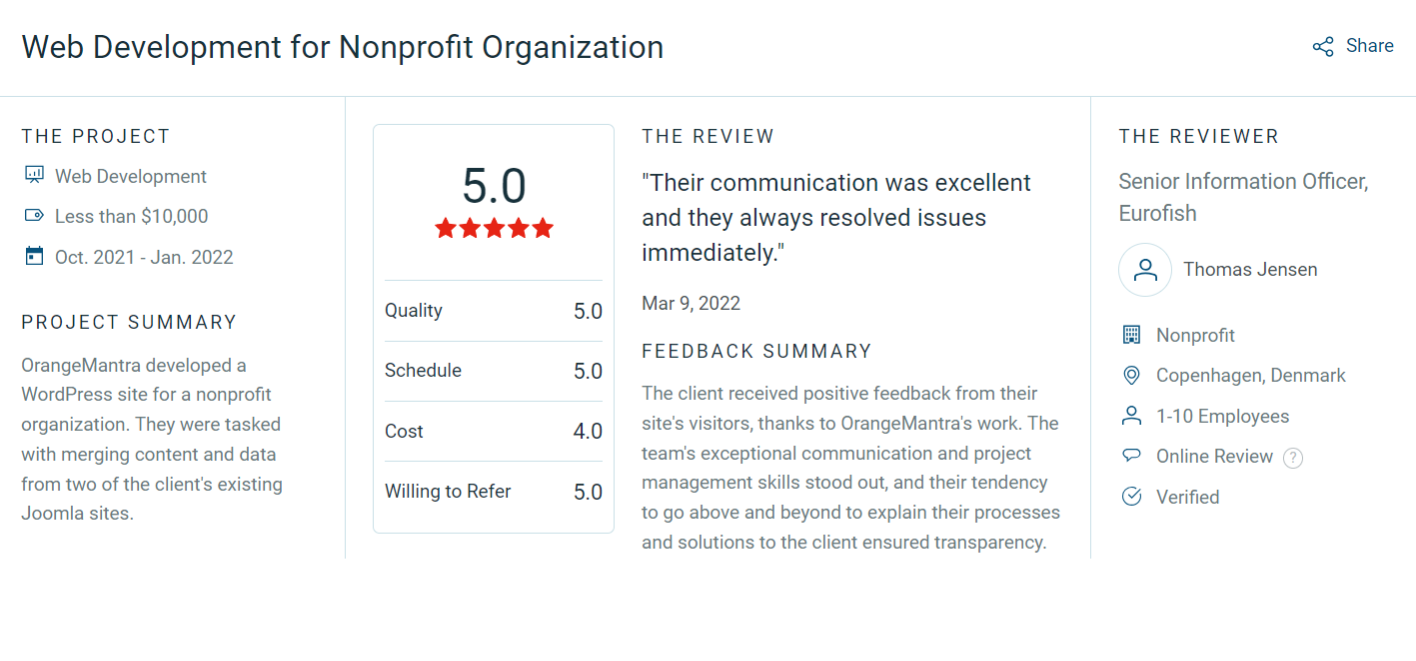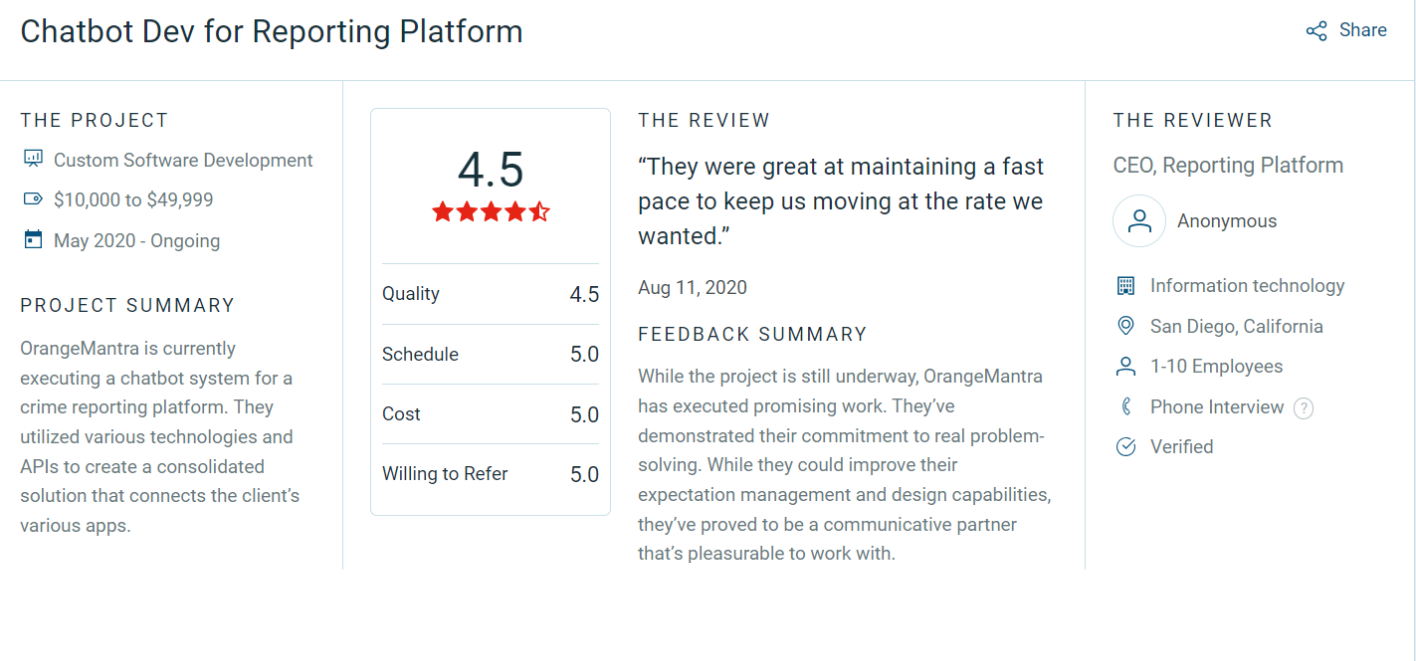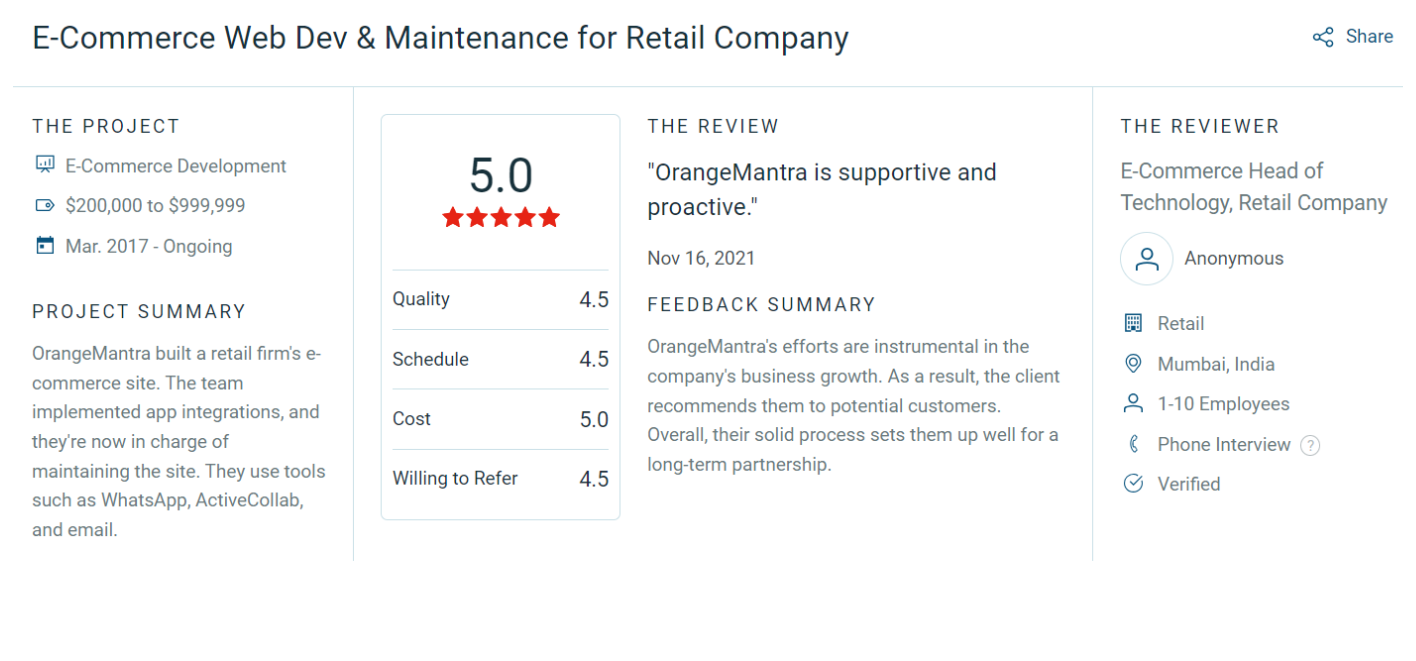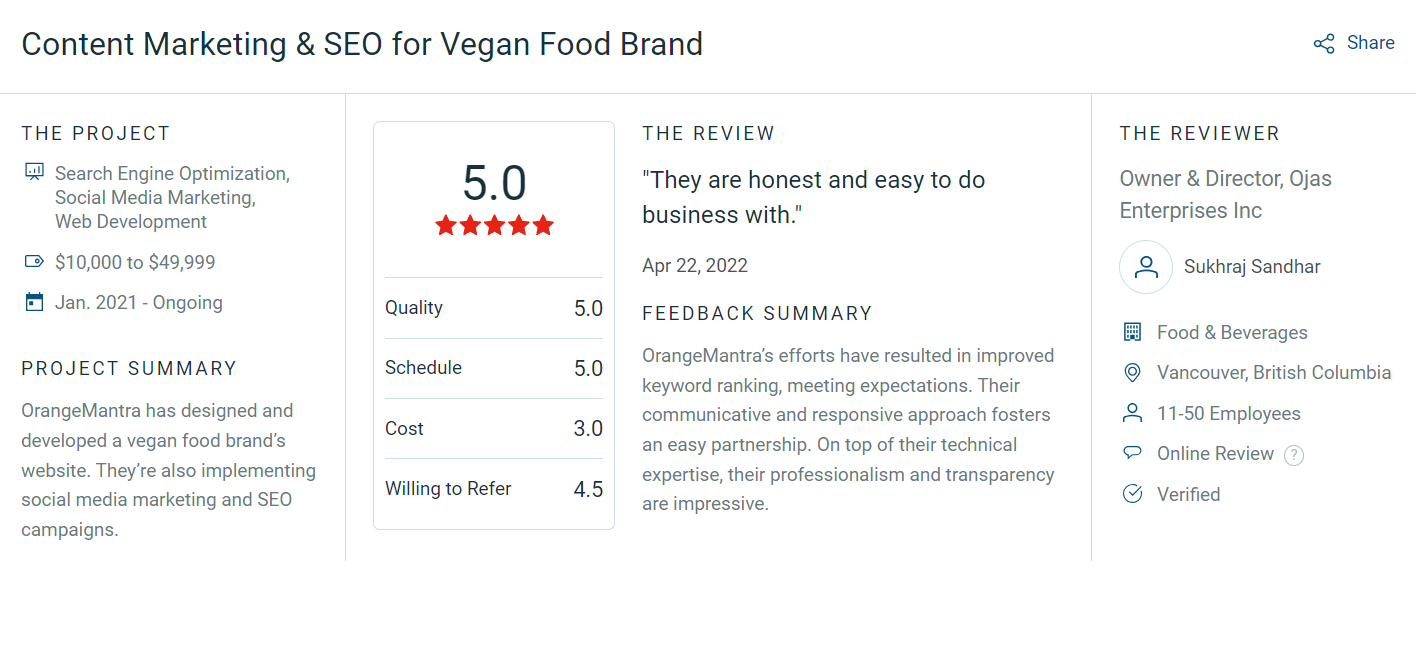The Problem – Static Segmentation Limiting Marketing Effectiveness
The client’s marketing team relied mostly on manual segmentation and simple rules like age groups or location. These methods ignored complex patterns in customer behavior. This resulted in generic emails and promotions that customers often ignored. The business suffered from low open rates, click-throughs, and conversion rates. They needed a scalable AI solution to automatically identify meaningful customer groups and predict their future buying behavior.











